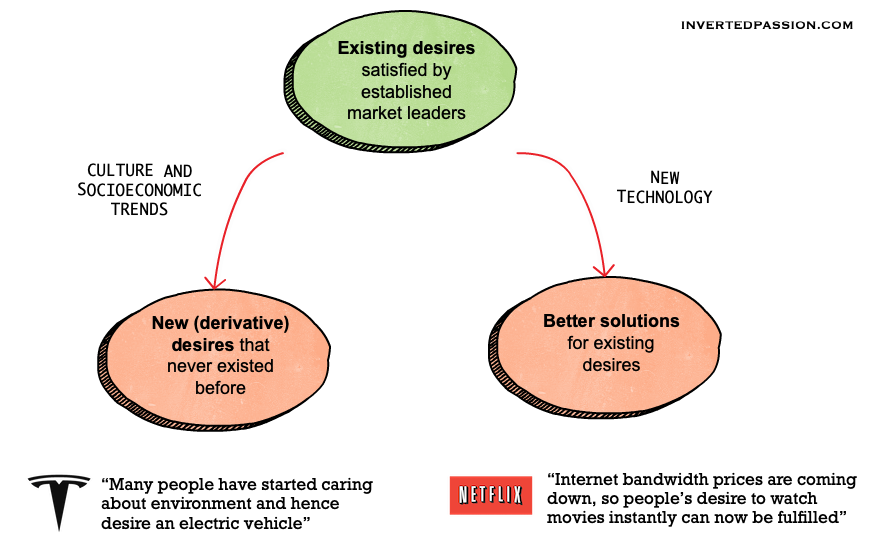
The fact that dreams exist prove that reality is a hallucination conjured by brain.
(a short thread about this idea)
(a short thread about this idea)
1/ The only difference between hallucinations while we are awake and while asleep is that the former is constrained by our environment while the latter is constrained by possibilities.
2/ While acting in the world, it makes sense for brain to model the outside world to know what can kill it, while sleep is a relatively safer space for it ans hence relatively less need to model the external constraints.
3/ Reality is a hallucination is a hard pill to swallow. But consider this.
When you fall, the sight of you falling, the sound of falling and the pressure on your body after the fall, arrive at different timescales in the brain.
Yet, the event of feeling seems simultaneous.
When you fall, the sight of you falling, the sound of falling and the pressure on your body after the fall, arrive at different timescales in the brain.
Yet, the event of feeling seems simultaneous.
4/ If reality weren’t a hallicunation, hallucinogenic drugs wouldn’t work.
Drugs like LSD do NOT carry any content the drug taker visualises.
It’s all his/her conjuring.
Drugs like LSD do NOT carry any content the drug taker visualises.
It’s all his/her conjuring.
5/ There are countless examples of reality as a hallucination.
Consider eye-saccades. When we are looking at something, there’s no stable image on our retina. It’s constantly moving.
Yet, our visual image in the mind remains relatively stable.
Consider eye-saccades. When we are looking at something, there’s no stable image on our retina. It’s constantly moving.
Yet, our visual image in the mind remains relatively stable.
6/ That’s it.
7/ This suggests that in theory it’s possible to engineer hallucinations.
Imagine VR but for all senses, so perfectly integrated into your reality that you can’t tell it’s engineered.
If such a device was available, what hallucination would you like to be engineered for you?
Imagine VR but for all senses, so perfectly integrated into your reality that you can’t tell it’s engineered.
If such a device was available, what hallucination would you like to be engineered for you?
• • •
Missing some Tweet in this thread? You can try to
force a refresh






